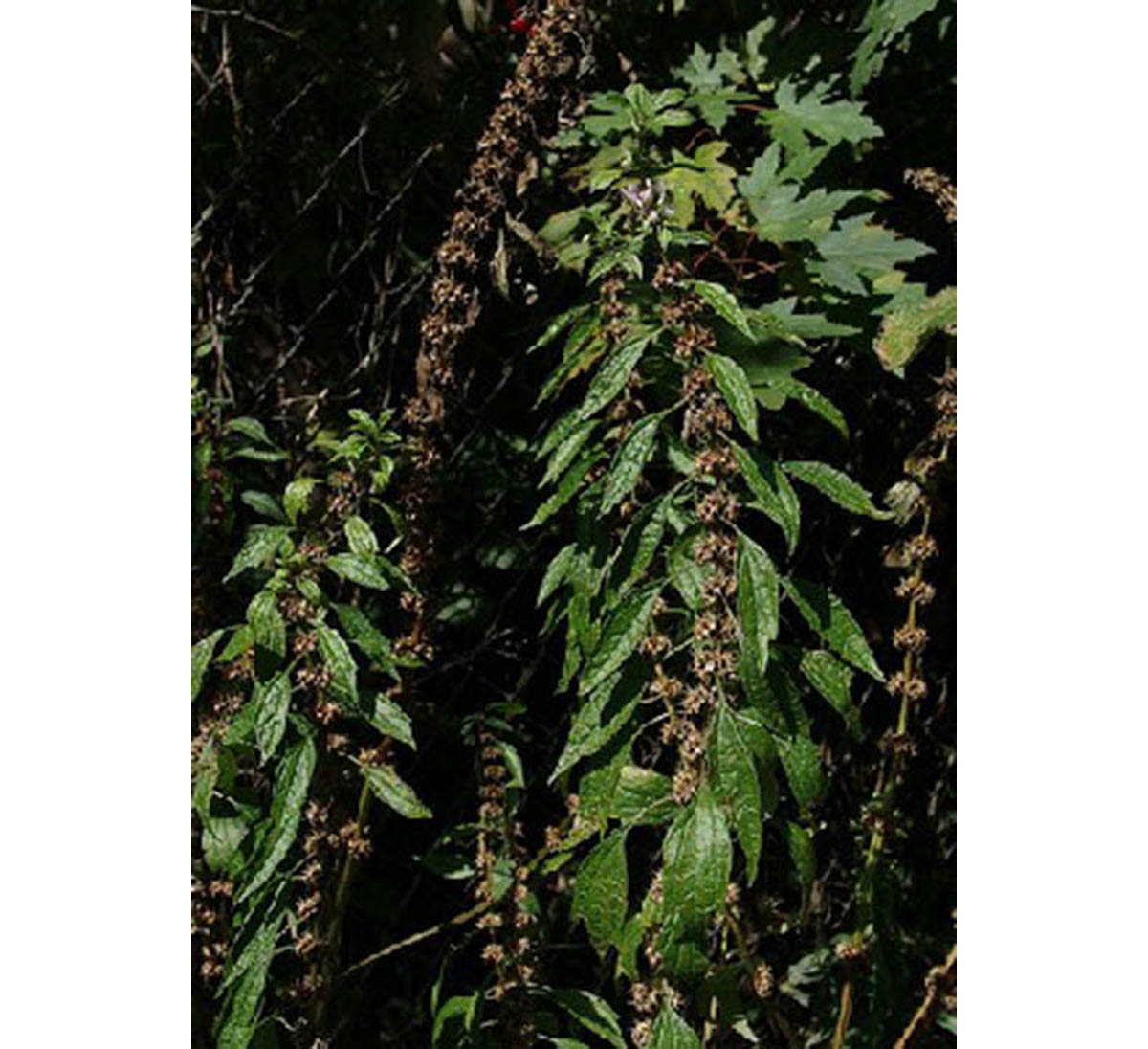Table of Contents
The first days and weeks of pregnancy are a critical time in the life of the developing child. Even tiny amounts of DNA-damaging teratogens can cause damage to the embryo or even induce spontaneous abortion.
Certain other herbs and spices are universally unsafe during pregnancy. Generally speaking, any emmenagogue, or herb that induces menstrual flow, is a bad choice for expectant mothers. Responsible herb experts usually do not disclose the amount of the herb that can induce abortion, since a botched attempt at an herb-induced abortion can result in the death of both mother and child. Don't use herbs to terminate pregnancy.
Pregnant women should avoid all of these herbs in any amount, but there is no need to panic if you have used a small amount of herbs in the first two groups.

- Herbs and spices that stimulate the uterus, possibly interfering with the implantation of the fertilized egg, include black cohosh, ginger, horseradish, and Queen Anne's lace. Ginger is safe for morning sickness because morning sickness does not occur until after the fertilized egg is implanted in the lining of the uterus.
- Herbs and spices associated with spotting, or small amounts of blood loss, include parsley, sage, rosemary, and thyme. These are not like to jeopardize pregnancy, although they may make carrying the baby to term more difficult when the mother has chlamydia or pelvic inflammatory disease.
- Herbs and spices associated with larger amounts of blood loss include asafetida (an ingredient in some Indian spice mixtures and in Worcestershire sauce), pennyroyal, and rue.
- Herbs and spices associated with uterine contraction, or premature labor, include blue cohosh, dong quai, and marijuana.
- Absinthe, tansy, chamomile, and juniper berries may stimulate the uterus in ways that keep a later-term baby from assuming the head-first position prior to birth.
- Blue cohosh can stimulate blood flow and uterine contractions and should be absolutely avoided by any woman who intends to become or who may be pregnant.
Also, since vitamin C stimulates the immune system and the growing embryo is a "foreign body," many experts recommend limiting vitamin C to no more than 500 mg a day for any woman who is or who may become pregnant
- Dugoua JJ, Seely D, Perri D, Koren G, Mills E. Can J Clin Pharmacol.Safety and efficacy of chastetree (Vitex agnus-castus) during pregnancy and lactation. 2008 Winter, 15(1):e74-9. Epub 2008 Jan 18
- Photo courtesy of thoughtfulbloke on Flickr: www.flickr.com/photos/thoughtfulbloke/3813522035
- Photo courtesy of Paul Garland on Flickr: www.flickr.com/photos/paul_garland/2595630379/
- Photo courtesy of Ocean of Stars on Flickr: www.flickr.com/photos/ocean_of_stars/3885390569/
- Photo courtesy of

